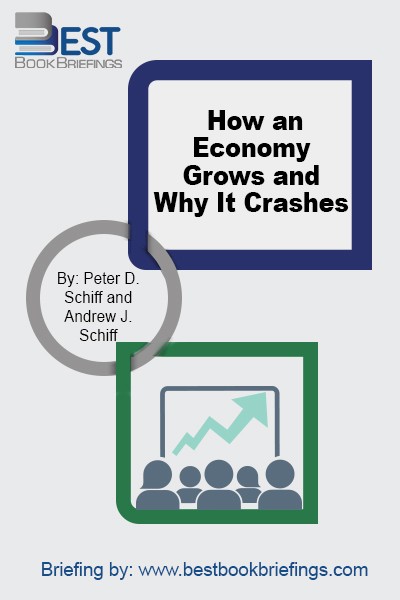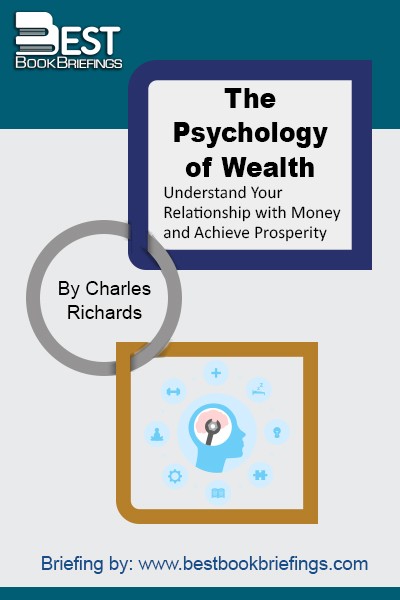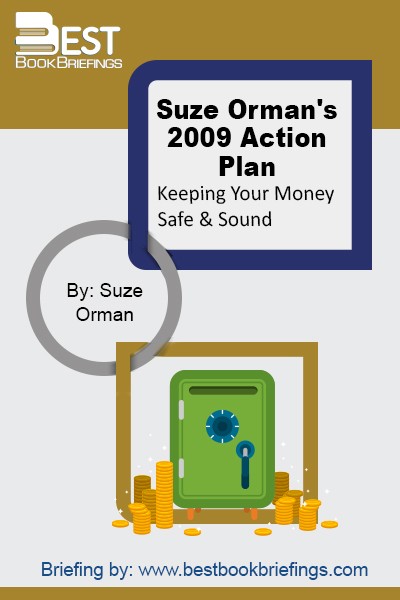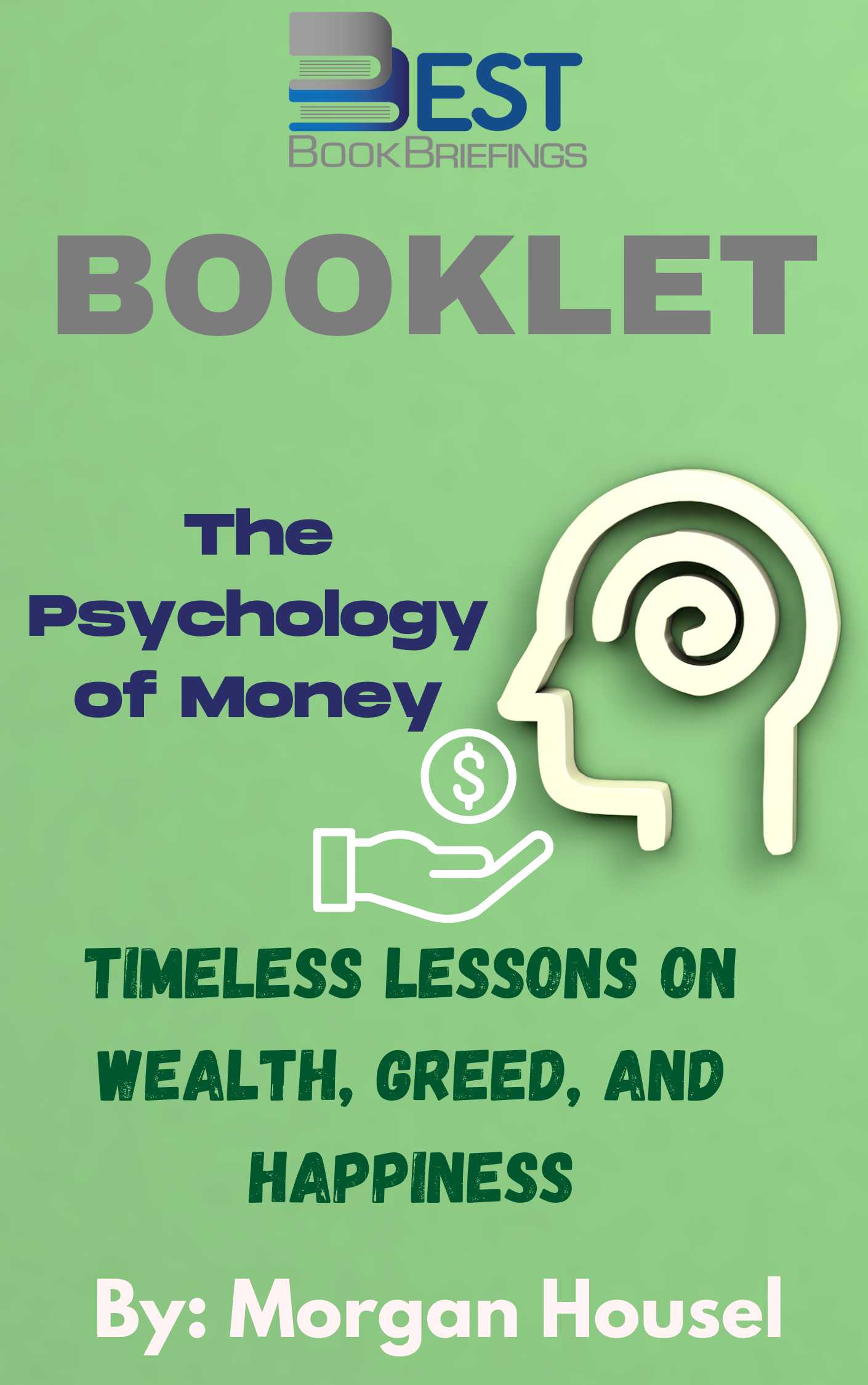The Psychology of Money
Timeless lessons on wealth, greed, and happiness
Editorial Review
Doing well with money isn’t necessarily about what you know. It’s about how you behave. And behavior is hard to teach, even to really smart people.Money-investing, personal finance, and business decisions-is typically taught as a math-based field, where data and formulas tell us exactly what to do. But in the real world people don’t make financial decisions on a spreadsheet. They make them at the dinner table, or in a meeting room, where personal history, your own unique view of the world, ego, pride, marketing, and odd incentives are scrambled together.
Book Reviews
Books on Related Topics

In 2007, when the world was staring into the teeth of the biggest economic catastrophe in three generations, very few economists had any idea there was any trouble lurking on the horizon. Three years into the mess, economists now offer remedies that strike most people as frankly ridiculous. We are told

Today we live in a trying economic environment. Every day, popular financial advisors exhaust us to hunker down, play it safe, and protect ourselves from an uncertain future. To the voices who promote fear and doubt, understanding the psychology of wealth will provide you with balance, wisdom, and optimism.

There is a new reality out there–a new normal. What was once certain–that you would be able to retire comfortably; that you would pay for your kids’ education; that your home would appreciate in value–is no longer a sure thing. So much has changed on the financial landscape that it’s hard



